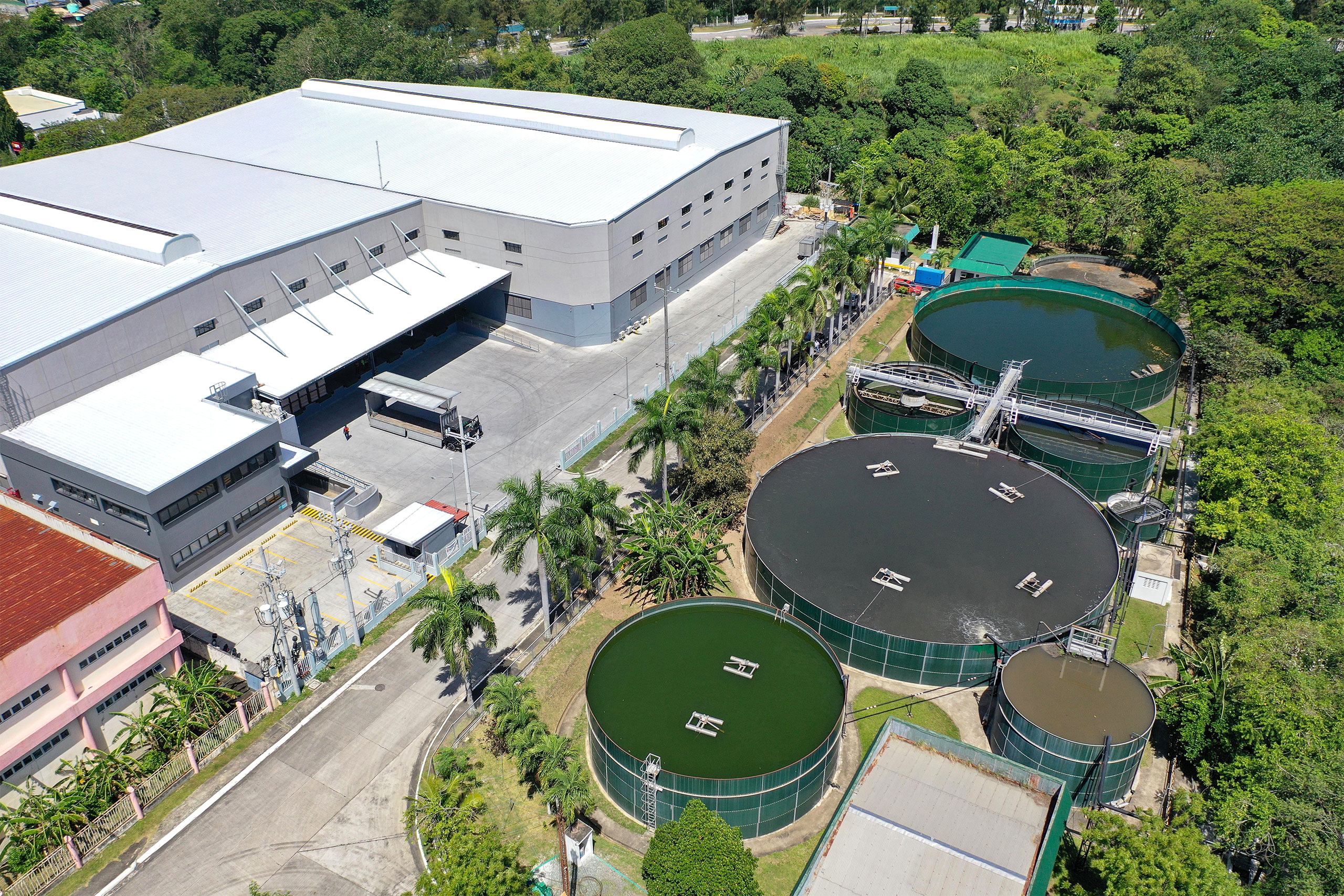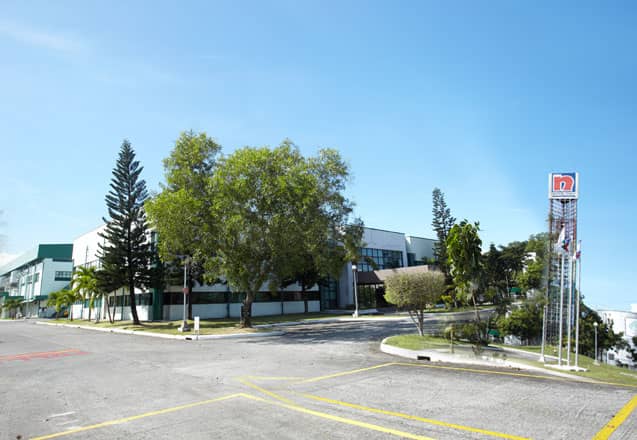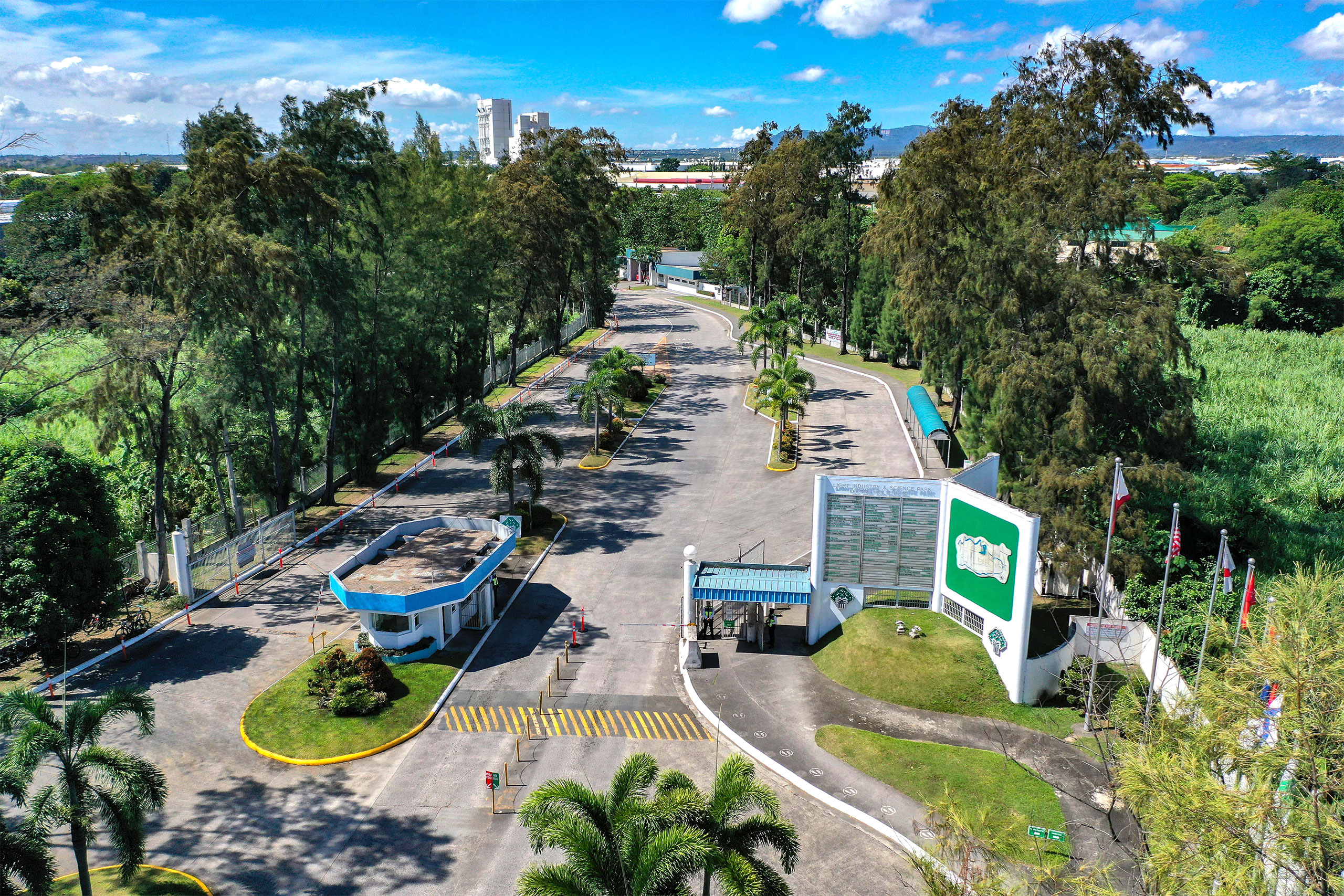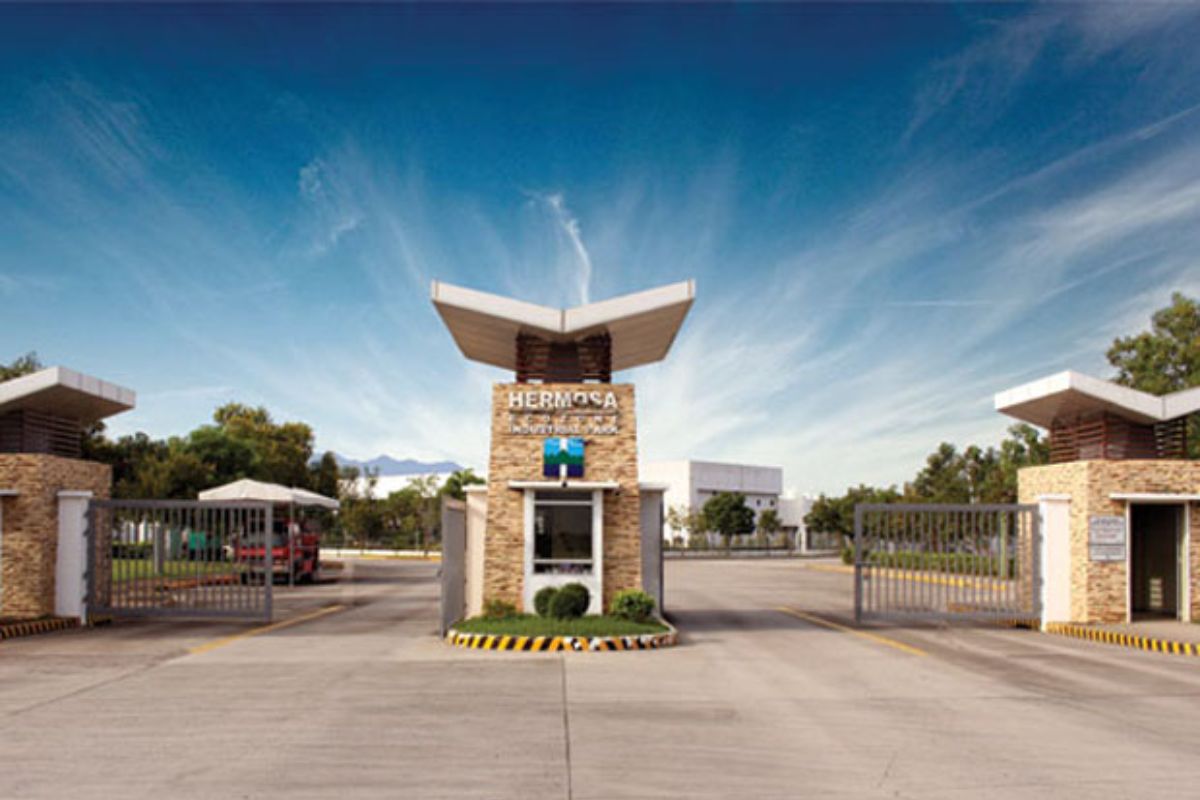How does SPPI achieve sustainability for manufacturing businesses?
- Provisions for waste management
- Reduced fossil fuel dependency
- Use of solar energy
- Preservation of open green spaces
The manufacturing industry is one of the largest sources of greenhouse gas emissions across the globe. In the year 2014 alone, the manufacturing industries in the Philippines accounted for 14.5% of CO2 emissions. Over the recent years, this percentage has significantly increased. With climate change plaguing global societies, the sector has then been called upon to adopt sustainable practices. For this reason, you might want to know how SPPI achieves sustainability.
Many manufacturers have established their branches in an industrial park in the Philippines, such as SPPI, to realize that it can help them achieve sustainability. By definition, sustainability in manufacturing refers to producing goods that mitigate adverse environmental impacts. This is done by conserving scarce natural resources such as energy and water. Sustainability is also known for increasing business competitiveness, attracting more investors and employees, reducing operation costs, and impacting consumer decisions. Today’s consumers and investors find it more appealing when businesses demonstrate helping the environment.
Science Park Of The Philippines (SPPI) is home to light and medium industries, including local and multinational manufacturing businesses like P&G, Pepsi, Unilever, H.B. Fuller, and STMicroelectronics. As the leading industrial park in the Philippines, we exerted numerous efforts to integrate sustainability into our client’s manufacturing operations. Continue reading on to learn how SPPI achieves sustainability.
Provisions For Waste Management
Processing raw materials into final consumer goods will inevitably generate waste. The category of waste generated from manufacturing businesses will depend on the type of machine used and how the raw material is processed. Oftentimes, the wastes are categorized as hazardous yet end up in landfills and bodies of water, polluting animal habitats and depleting freshwater sources. During an era plagued by the COVID-19 pandemic, this fact becomes more concerning as people need water for hygiene and sanitation. This is why SPPI exerted efforts to safeguard the environment and societies through wastewater management systems.
SPPI regulates the waste generation of their manufacturing business through regular sewage
SPPI continues to regulate waste products through regular sewage collection and centralized wastewater treatment facilities. Take the Light Industry & Science Park IV in Malvar, Batangas as an example. Its centralized wastewater treatment plant is capable of treating up to 1,000 cubic meters of waste every day. The wastes from the manufacturing businesses in the industrial park go through an activated sludge process. In the end, the wastes are transformed into Class B water quality, which is the same water classification as Taal Lake. The water can be reused for other operational needs.
When waste is thrown into landfills and bodies of water, the pollutants poison fish, livestock, and plants. As a result, people’s livelihoods (e.g., fishermen and farmers) are affected as well. By providing waste management in SPPI, manufacturing businesses achieve sustainability, reducing the negative impact on the environment.
Reduced Fossil Fuel Dependency

Just like how people power their homes, manufacturing businesses rely on fossil fuels for power and completing everyday operations. Unfortunately, burning fossil fuels for energy releases CO2 and other greenhouse gases into the atmosphere — a key contributor to climate change and global warming. SPPI provides a way for manufacturing companies to reduce their reliance on fossil fuels.
As said earlier, SPPI has facilities for centralized wastewater treatment. When the sludge-activated wastewater is treated through anaerobic digestion, the biogas produced can be heated and harvested as electricity. The very same harvested electricity meets the power needs of the manufacturing business, reducing the dependency on fossil fuel.
Use Of Solar Energy
According to the Intergovernmental Panel on Climate Change (IPCC), emissions from fossil fuels are the dominant contributor to global warming. In the year 2018 alone, 89% of global CO2 emissions originated from fossil fuels. To further combat global warming and build sustainability, SPPI turned to renewable energy for powering its locators, including the manufacturing businesses.
SPPI partnered with PHINMA Solar Energy Corporation to install solar panels on the rooftops of Light Industry & Science Park IV’s park administration buildings. Since the installment, 14 kilowatts solar panels provide 90% to 100% of the buildings’ power needs.
Preservation of Open Green Spaces

SPPI was awarded the “Green, Healthy, Smart and Sustainable Ecozone Award” by the Philippine Economic Zone Authority (PEZA) because of its commitment to promoting sustainability. Alongside the significant sustainable undertakings of SPPI are natural resource conservation, waste mitigation, renewable energy use, and the maintenance of open green spaces.
Manufacturing businesses of SPPI are located in sprawling industrial parks with well-preserved environmental elements. No matter where you look, you will find tall trees and landscaped greenery. In fact, in the Light Industry & Science Park IV, about 35% of its original landscape is maintained to preserve the environmental aspect of the park.
Key Takeaway
In this article are just some of the ways that SPPI achieves sustainability for manufacturing businesses. As one of the most highly regarded pioneers in the industrial estate in the Philippines, SPPI continues to ingrain sustainability at the core of its industrial park operations to positively impact society and the environment.
Achieve sustainability for your manufacturing business by investing in SPPI. Click here to inquire about our industrial parks today.



